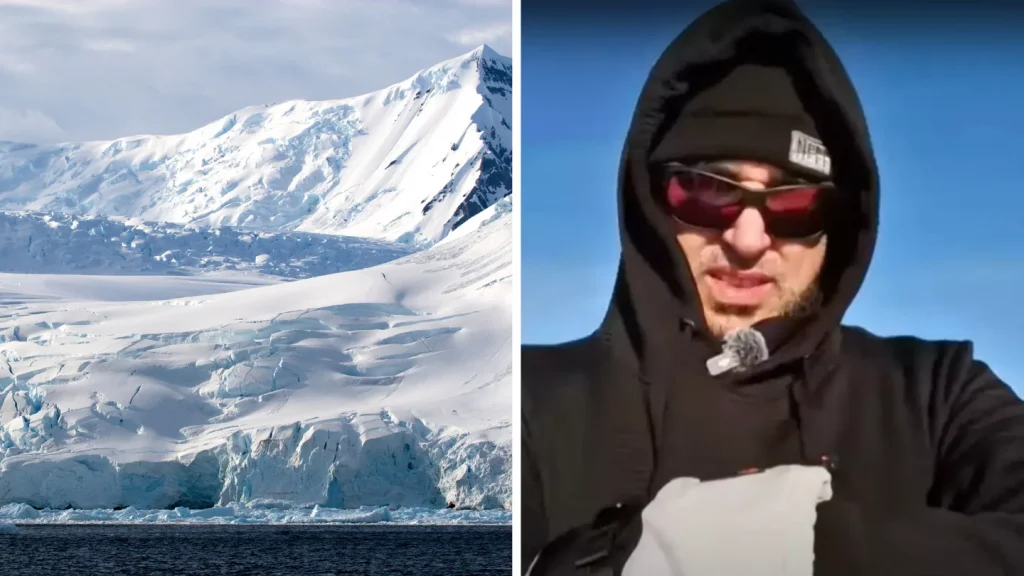In a narrative that seems more fit for a dramatic documentary than a scientific field trip, a fervent believer in the Flat Earth theory embarked on an expedition to the icy terrains of Antarctica.
This venture was not just a trip across the globe but a quest to validate a controversial belief with what was anticipated to be undeniable proof.
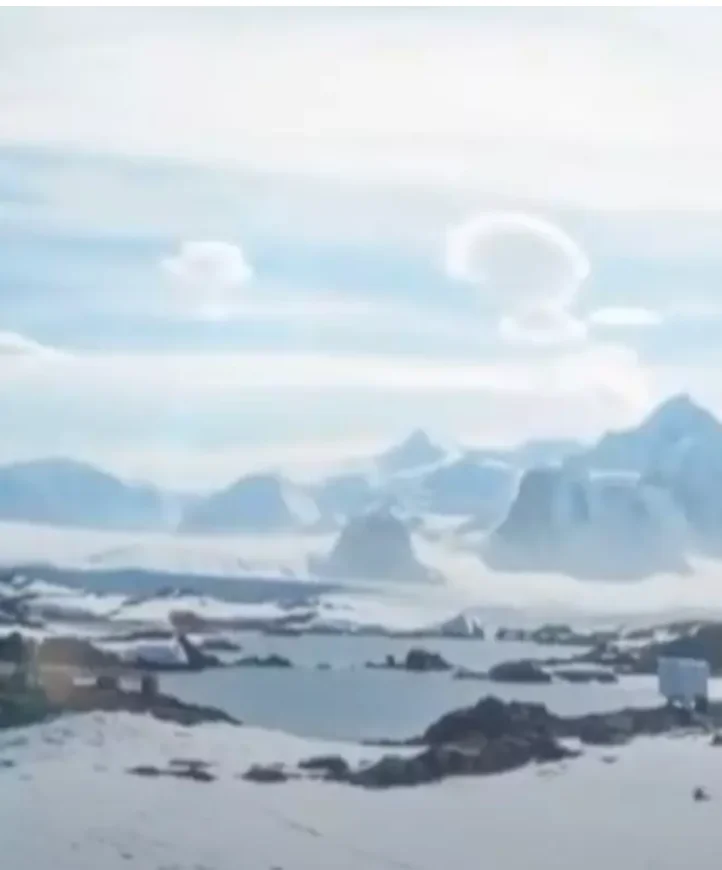
The protagonist of this story, Jeran Campanella, is a well-known figure in the Flat Earth community, recognized for his advocacy and extensive discussions on his YouTube channel “Jeranism.”
He participated in what was termed “The Final Experiment,” a collaborative project that sought to finally put an end to the debate between Flat Earth advocates and those supporting the spherical model of the Earth.
The experiment’s design was simple yet effective: observe the phenomenon of the 24-hour sun in Antarctica, a natural occurrence that would be impossible if the Earth were flat as posited by Flat Earth theorists.
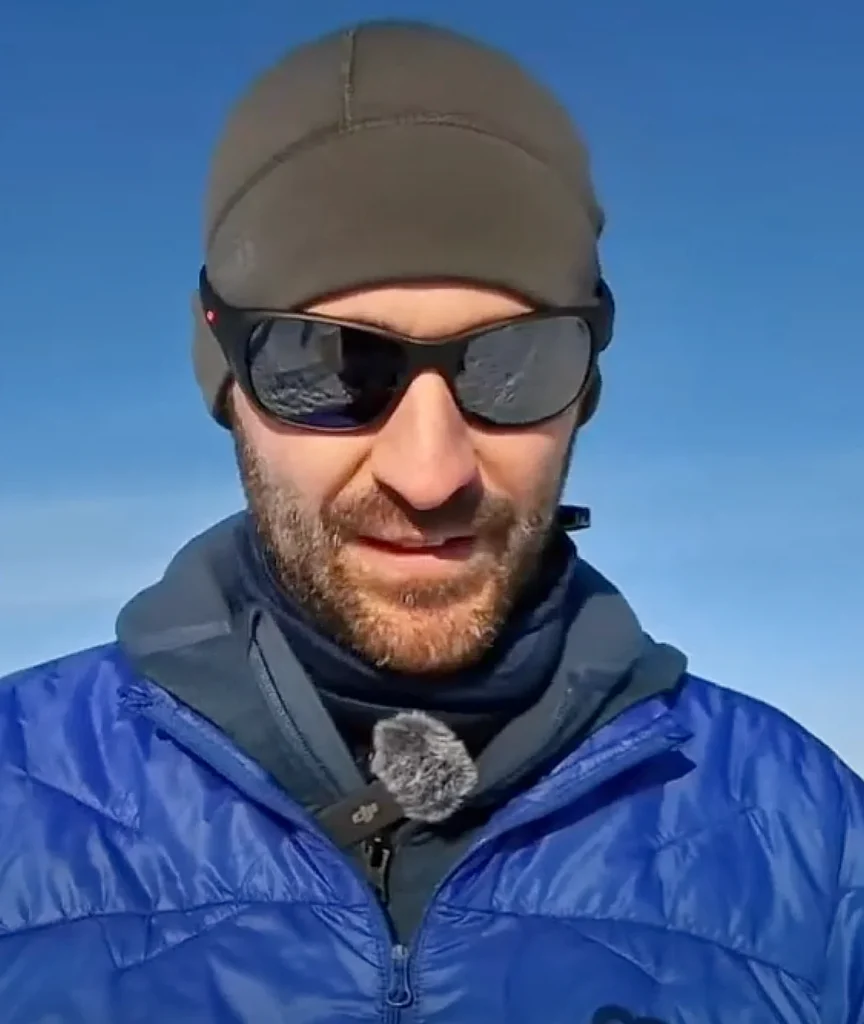
The implications of this observation were monumental, potentially altering the foundation of belief for many in Campanella’s community.
As the Antarctic sun circled unendingly in the sky, it cast light not only on the cold landscape but also on the errors in the Flat Earth theory.
This moment was not just a climactic turn in scientific validation but also a profound personal revelation for Campanella.
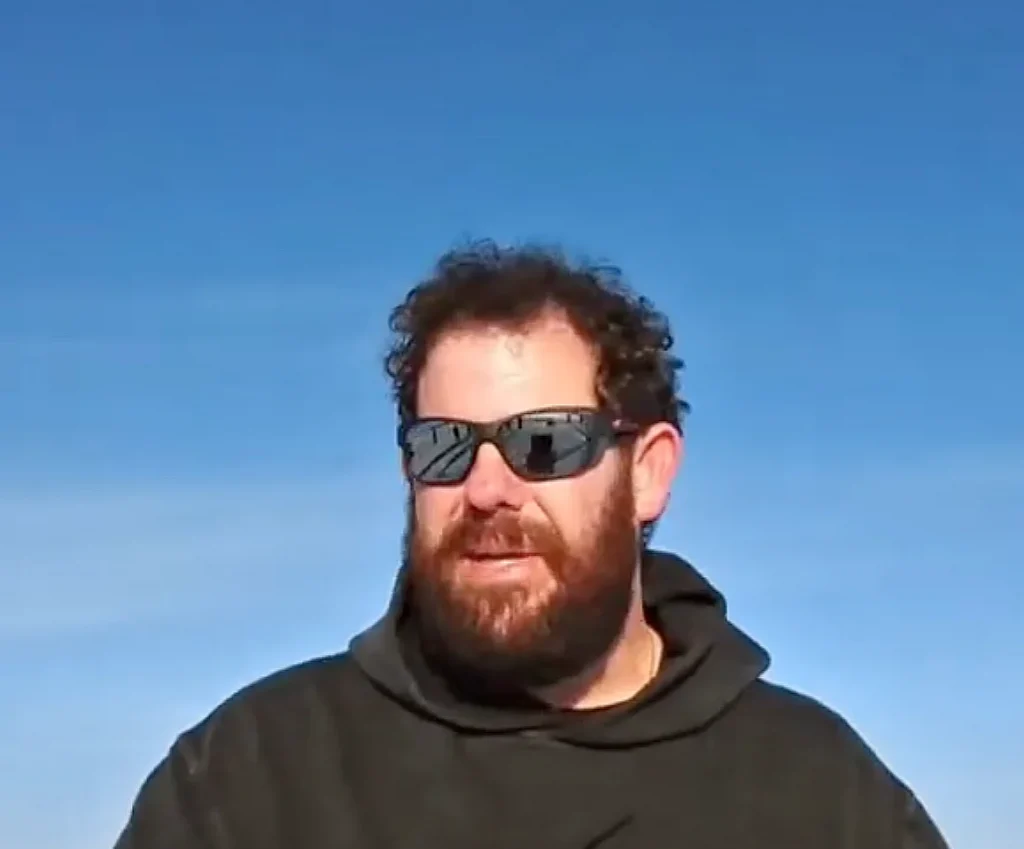
Reflecting on his experience, Campanella took to a livestream to openly admit his miscalculation. In front of his followers, he acknowledged the reality of the 24-hour sun, confirming the predictions made by proponents of a spherical Earth.
This event is notable not only for its direct confrontation with a long-held conspiracy theory but also for its deeper examination into how evidence and personal belief intersect.
Campanella’s public acknowledgment highlights a rare and significant shift where empirical evidence prompts a major reevaluation of belief.
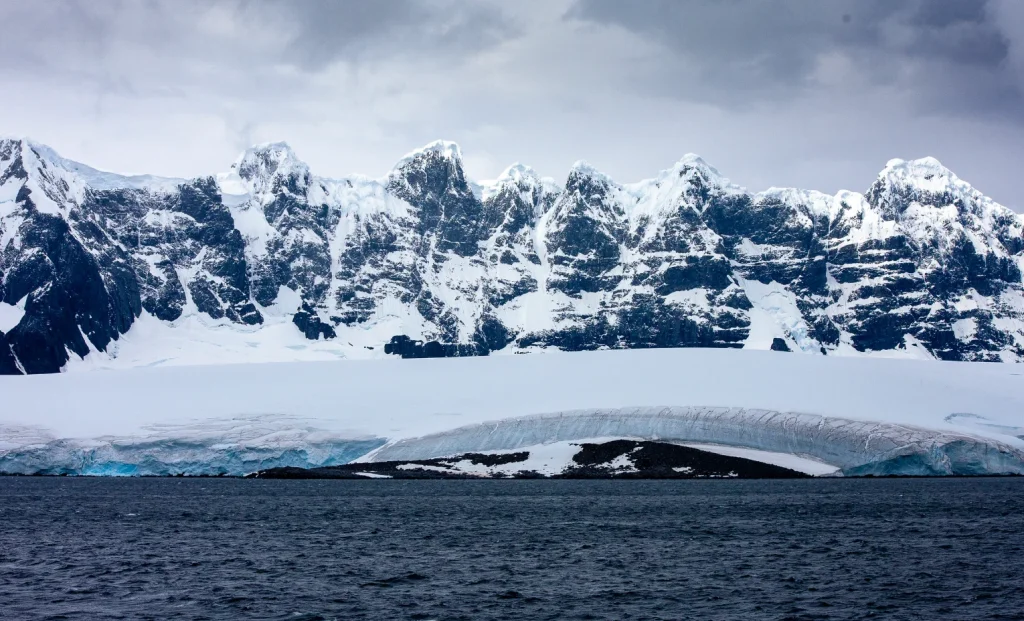
The story of this Flat Earther’s Antarctic journey touches on themes that resonate beyond the sphere of conspiracy theories and scientific debates. It challenges us to consider how we confront and adapt to truths that contradict our convictions.
The unfolding of these events in the remote wilderness of Antarctica serves as a powerful narrative about discovery, truth, and the willingness to accept reality, however unexpected it may be.
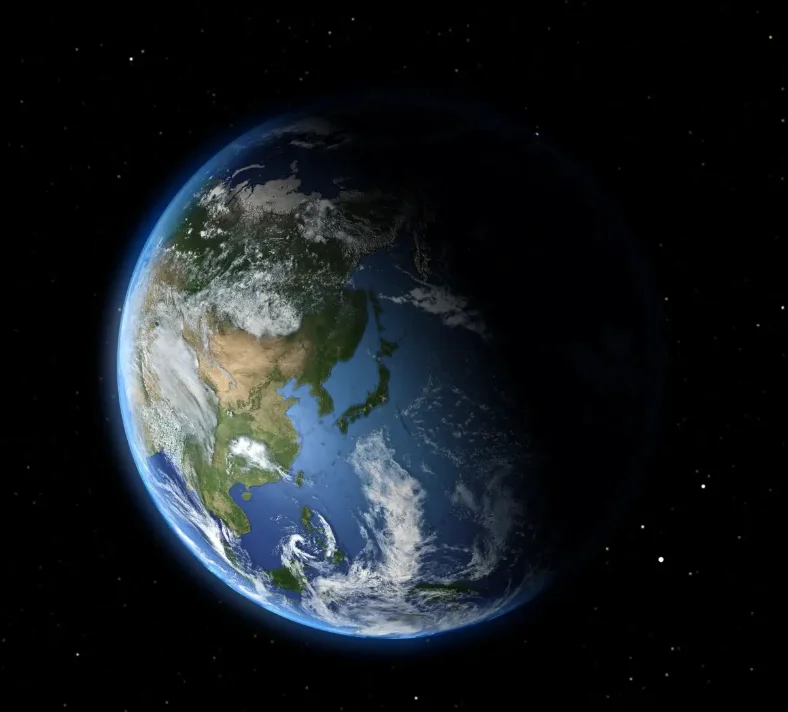
This journey, at its core, is a poignant reminder of the relentless pursuit of truth, compelling us to reconsider what we accept as the absolute truth.
Feature Image Credit: (Youtube/ @The Final Experiment)

